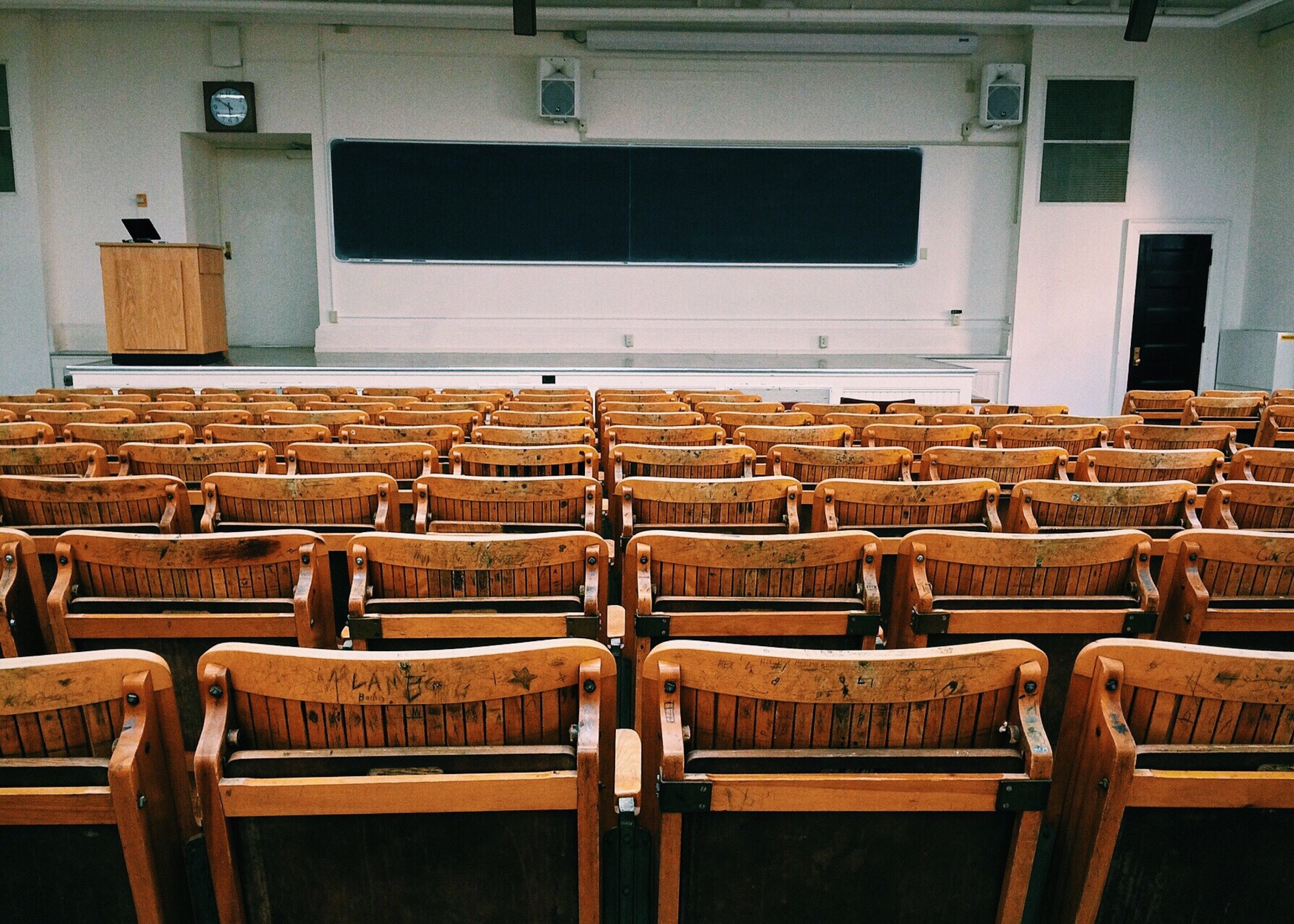Exclusions: a school's right to decide
/Ever since Forster's Education Act of 1870, improving school discipline has been a perennial government concern. Permanent exclusion has always been the ultimate sanction for headteachers, albeit subject to a final appeals process. However, the government has recently introduced plans to ensure that exclusion decisions are no longer at risk of being overturned by independent appeal panels (IAPs).
IAPs were first introduced by a Conservative government in 1986. They provide a final level of appeal against the decision of a headteacher to permanently exclude pupils. They currently have the power - but not the obligation - to order that a school reinstate a pupil where the appeal is upheld. Crucially, they must be made up of three or five panel members who are unconnected with the school and free from any bias. Panels must contain headteachers, governors and lay members, to ensure a fair representation of different interests.
Since 1997 it has been Tory policy to scrap IAPs as an unwarranted fettering of the authority of headteachers. In April 2008, the then shadow schools secretary, Michael Gove, justified the plans on the basis that "a quarter of exclusions are overturned and then half of those pupils go straight back into schools where they've been responsible for all sorts of behaviour".
The plans seem based on the assumption that all decisions to exclude are proper and lawful and a successful appeal represents a slap in the face of the authority of a school. Frustratingly for Gove, it has not proved straightforward to translate the rhetoric of opposition into the reality of government. The schools white paper, published in November last year, instead sets out plans to strip IAPs of their powers to order reinstatement, effectively neutering them.
This shift in policy is most likely to have come about as a result of a worry that removing IAPs altogether could have breached the pupil's fair trial rights under article 6 of the European Convention on Human Rights.
But if an appeal can offer no more than a pyrrhic victory, will IAPs be anything more than a formality?
Carolyn Osbourne, a solicitor at Streetwise Community Law Centre, a Kent firm that specialises in education law, is highly critical of the plans. "The exclusion of a child from school is a devastating decision for the family, who are often overwhelmed by the life-changing enormity of that one decision on their child," she said.
Osbourne has concerns about the effect of the proposals on access to justice. "When the removal of the right to be reinstated is coupled with the removal of legal aid for families seeking advice when faced with school exclusion, it will inevitably lead to those who most need it being denied access to a system that stacks the odds against them."
One unintended consequence of the proposals is that they may well result in more litigation, not less. If IAPs no longer provide an appropriate remedy in reinstatement, parents may be able to bring judicial review proceedings directly against the decisions of headteachers. This would result in schools being faced with having to make decisions that were fully legally justifiable at a very early stage - something which they are neither trained to do, nor have the time for.
The solution to Gove's problem with the undermining of the authority of headteachers would seem to lie in better training and guidance for schools in making their initial decision to exclude a pupil. Better decisions will lead to fewer successful appeals, which in turn increases the authority of a headteacher if their school is known as one that only makes a decision to permanently exclude in cases where it is properly merited.
As an advocate appearing at IAPs, often on a pro bono basis, I have seen the real benefits they bring to both parents and children. Aggrieved parents appreciate the opportunity to put their case before an impartial tribunal and to receive a fully reasoned decision, whether or not it goes in their favour. Headteachers are not infallible and it is perfectly right and proper that their decisions are open to challenge. The answer to successful appeals being brought by parents is surely not to restrict justice, but to ensure that it is done properly.
http://www.theguardian.com/law/2011/mar/21/school-exclusions-independent-appeal-panels

